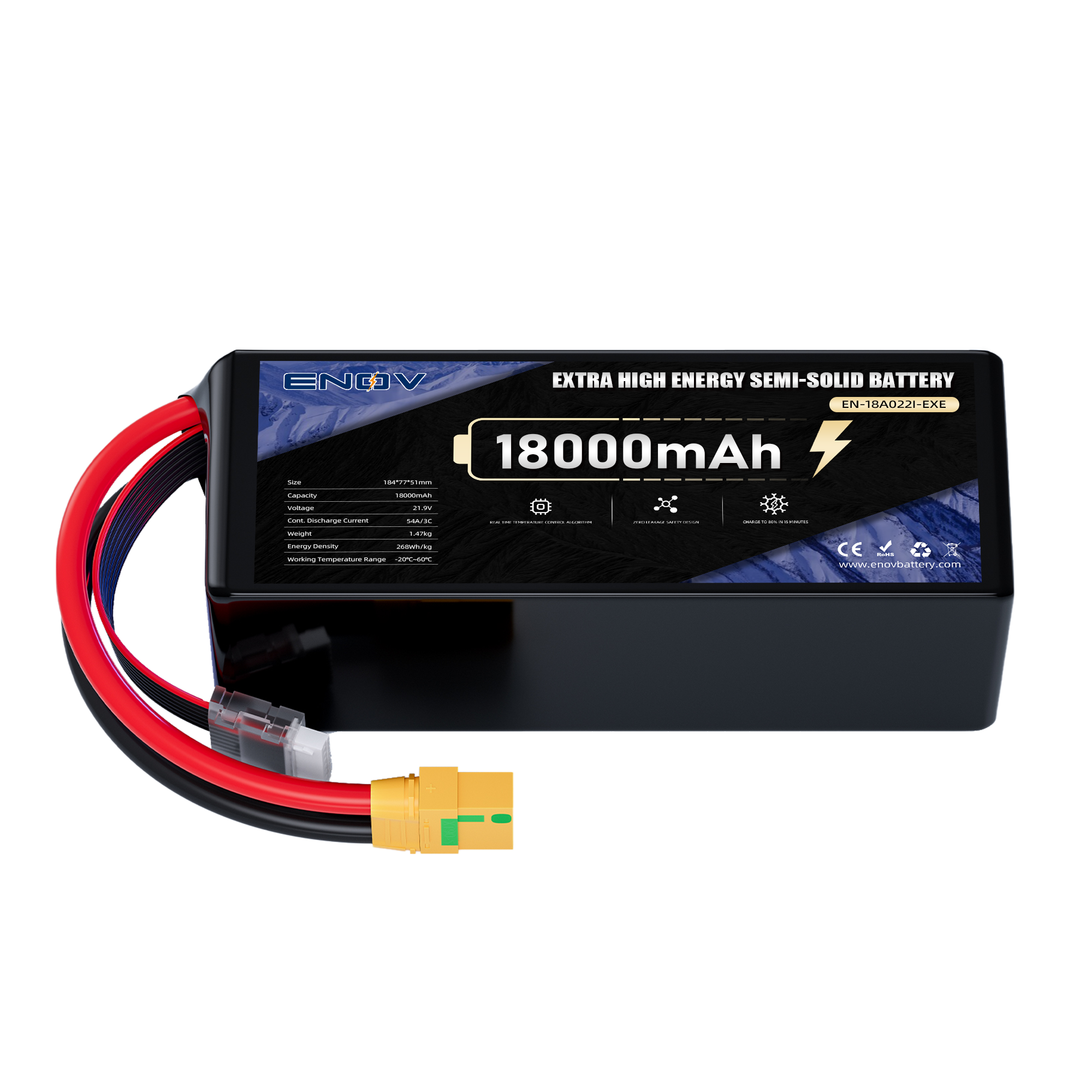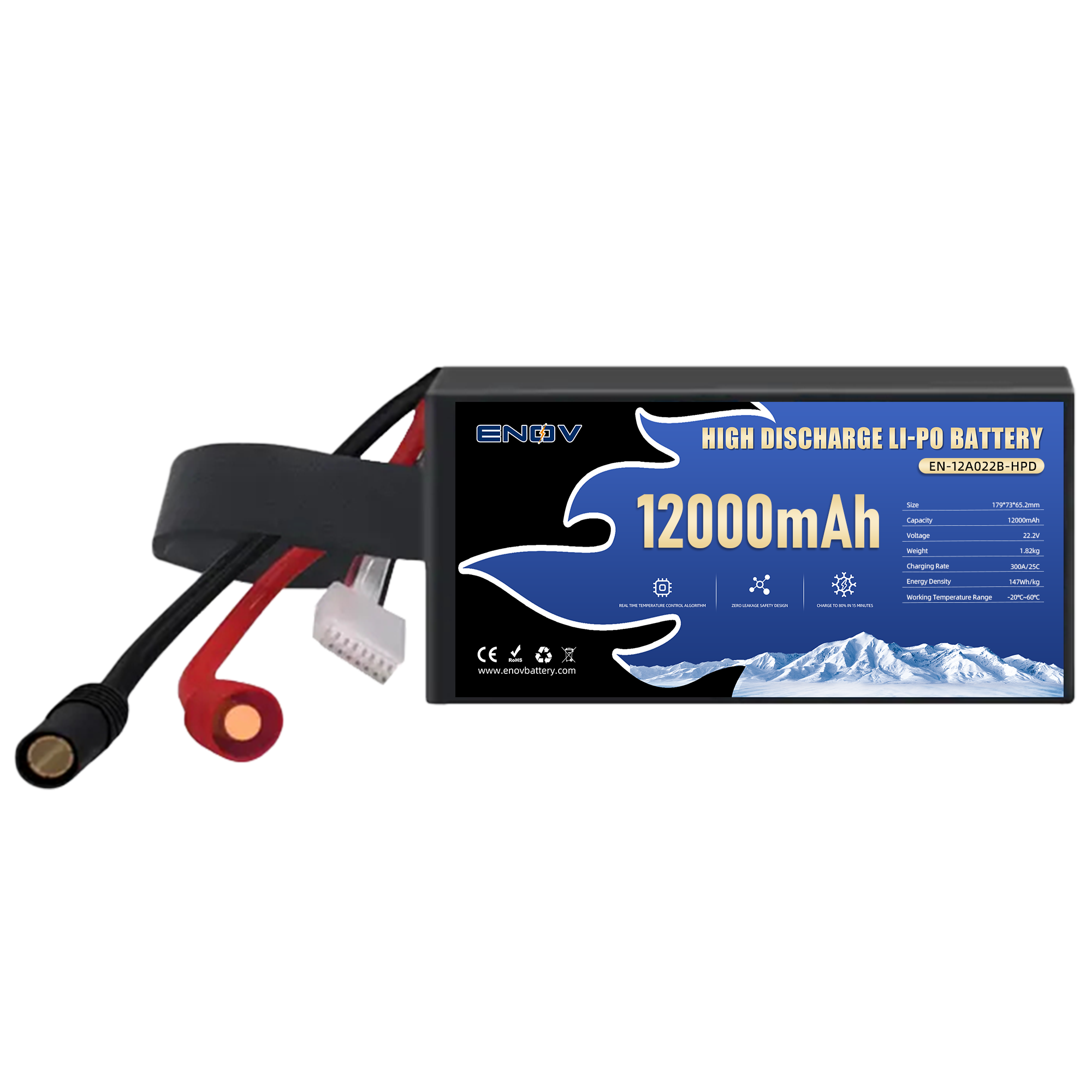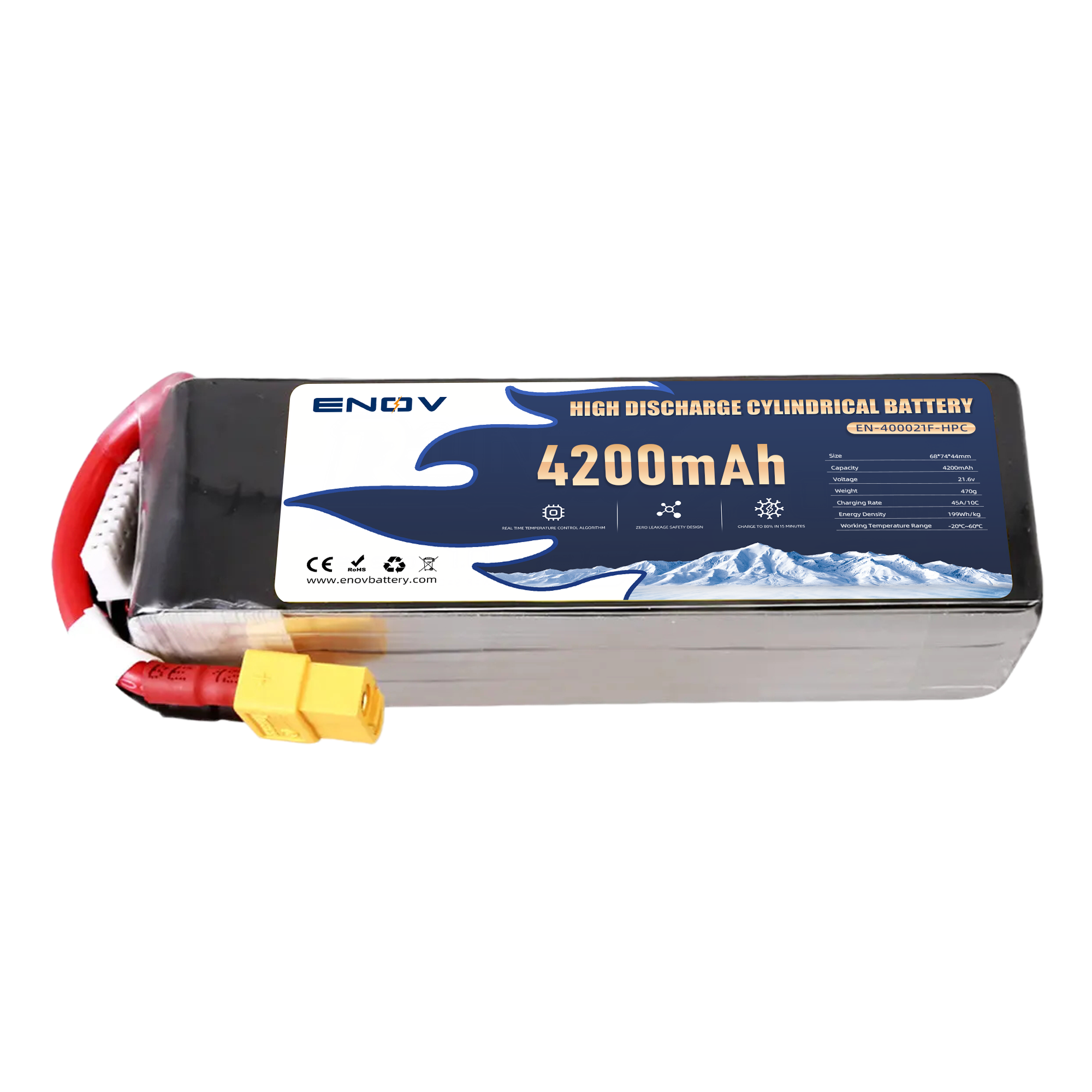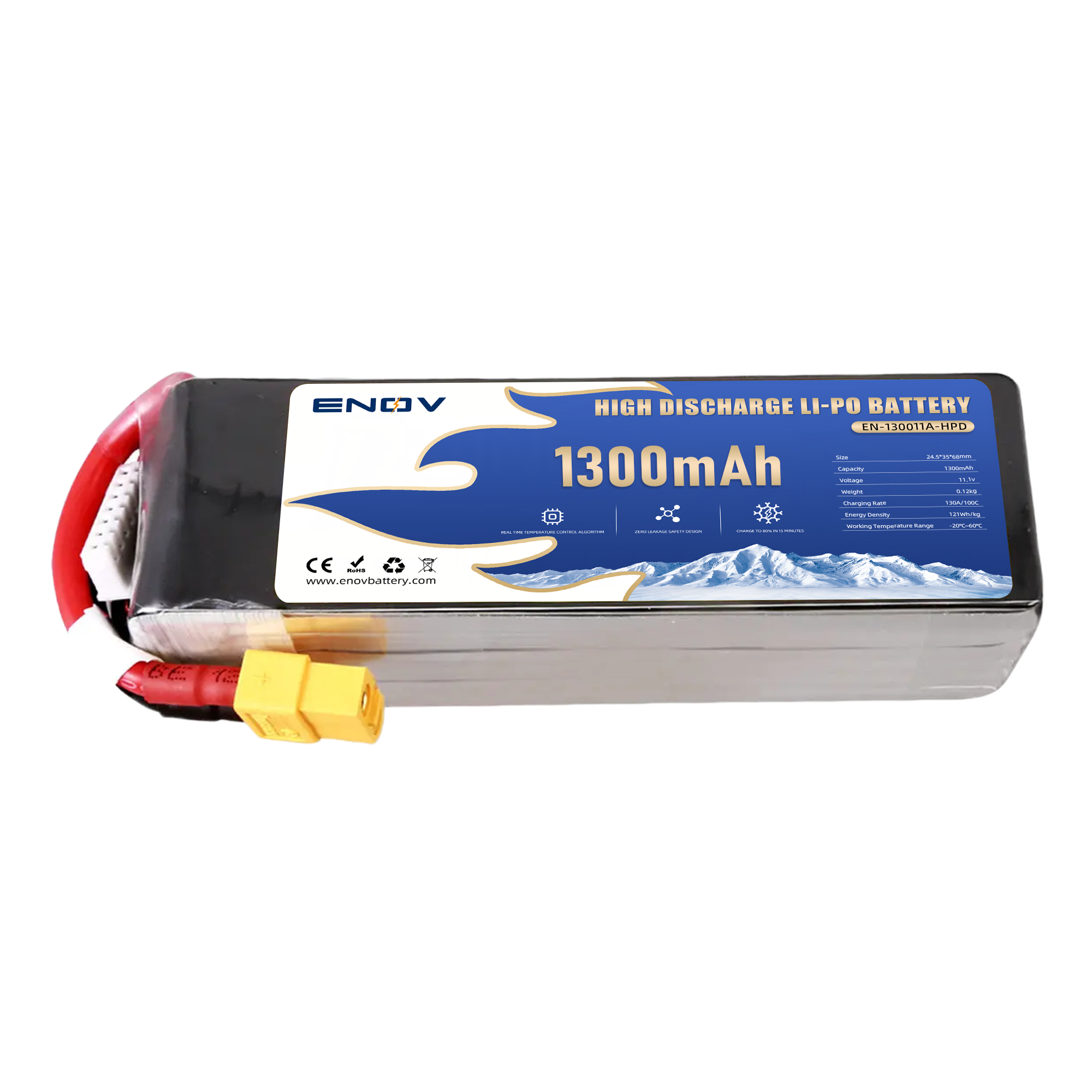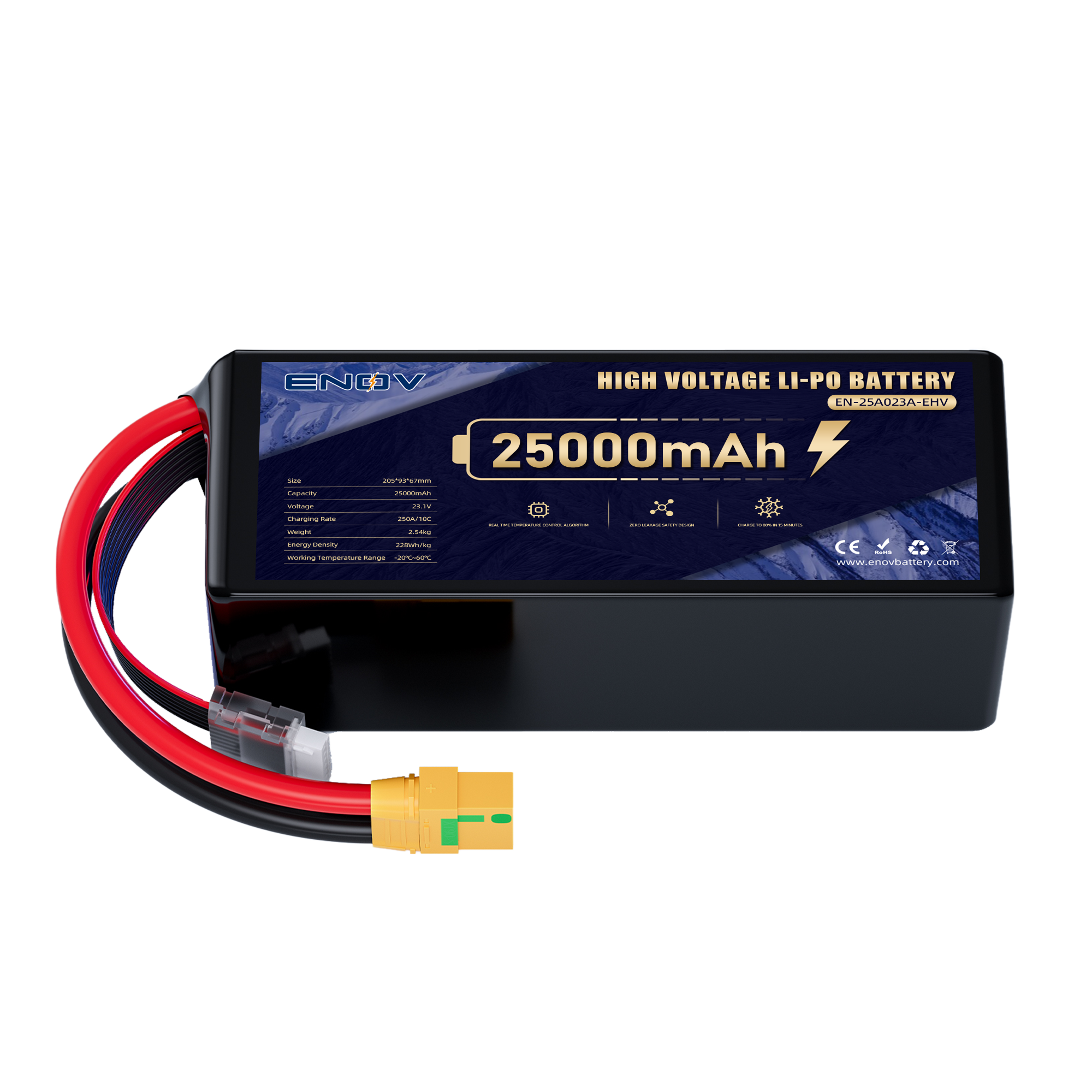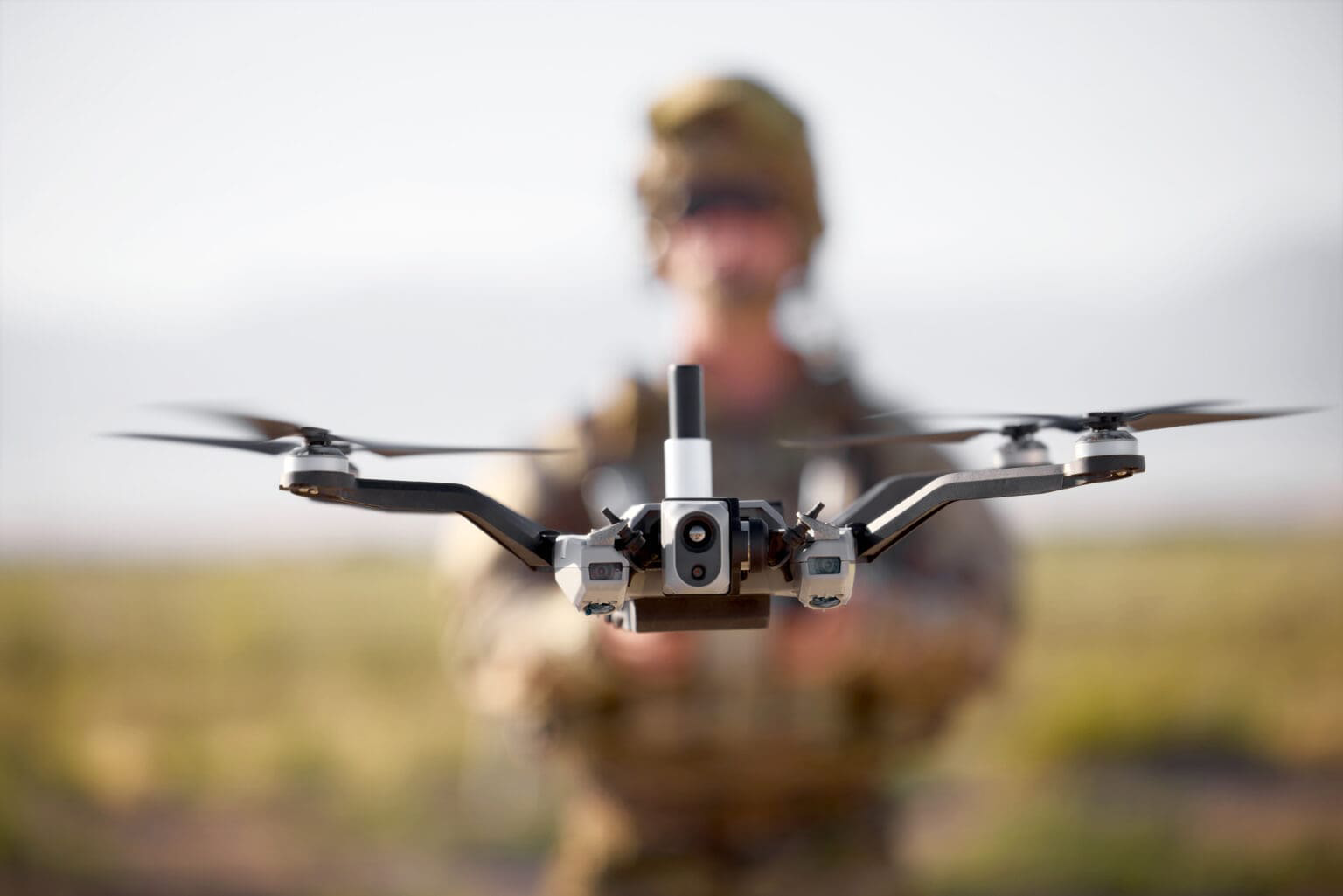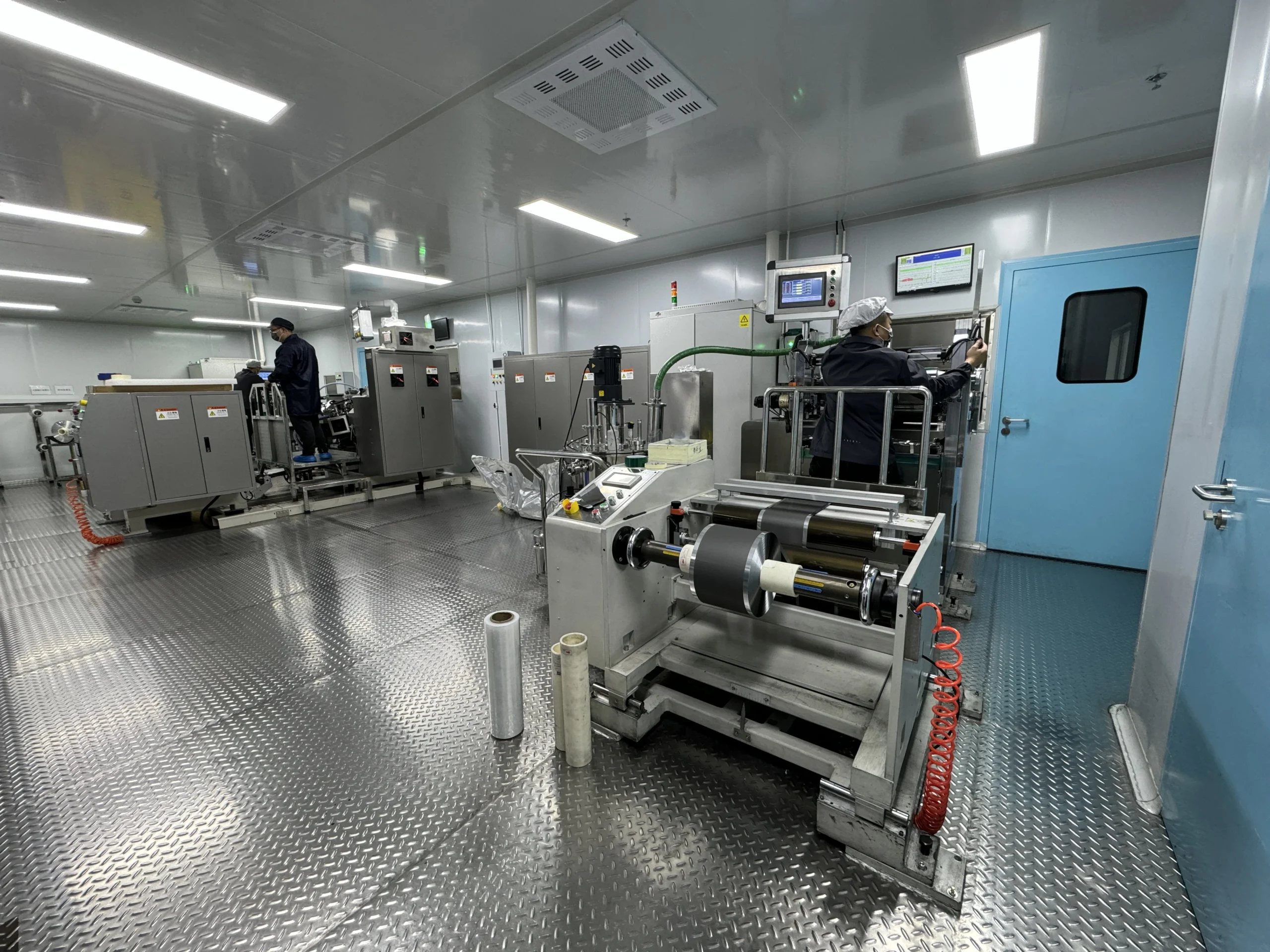Blockchain Traceability Solutions: Achieving Transparency in Drone Battery Supply Chains
Blockchain technology is revolutionizing drone battery supply chains by creating immutable records from raw mineral extraction to final assembly. This traceability ensures ethical sourcing, quality control, and compliance with global regulations—critical for buyers demanding transparency. This guide explores how blockchain systems track materials like cobalt and lithium, verify production standards, and build trust across the supply chain.
main content
Mineral Sourcing Verification
Blockchain platforms record mining origins using geotagged timestamps and IoT sensors. For example, cobalt from Congolese mines is tagged with QR codes at extraction, logging coordinates, labor conditions, and environmental impact data. Smelters and refiners then update the blockchain at each processing stage, creating a tamper-proof audit trail. Buyers can instantly verify if materials conflict with regulations like the U.S. Conflict Minerals Act.
Production Process Accountability
Battery manufacturers embed blockchain checkpoints at key production stages. Electrode coating machines log slurry composition ratios, while cell formation chambers record voltage curves. If a factory deviates from specified parameters (e.g., using 95% NMC622 instead of contracted NMC811), the anomaly triggers alerts. A 2023 pilot reduced defective batches by 32% by flagging inconsistencies in real time.
Quality Assurance and Certification
Third-party certifiers upload inspection reports directly to the blockchain. A German lab testing a 6000mAh drone battery for UN 38.3 compliance would issue a digital certificate hashed onto the ledger. Distributors and end users scan NFC tags on batteries to access these records, confirming safety without relying on paper documents. Counterfeit batteries, lacking valid blockchain entries, are instantly identifiable.
Logistics and Customs Integration
Blockchain streamlines cross-border shipping by automating customs clearance. Lithium battery shipments require specific declarations (e.g., Watt-hour ratings, MSDS). Smart contracts on the blockchain auto-generate paperwork using verified production data, cutting processing time by 65%. During transport, GPS and humidity sensors update the ledger, allowing buyers to trace storage conditions en route.
End-User Accessibility
Drone operators access supply chain data via mobile apps linked to battery serial numbers. Scanning a battery reveals its full history: carbon footprint, recycling potential, and even conflict-free certifications. A European logistics firm used this feature to prove sustainability credentials, securing a $2M contract requiring ISO 14000 compliance.
Cost and Efficiency Benefits
Implementing blockchain adds 3-5% to initial production costs but reduces long-term risks. A study showed brands using blockchain traceability faced 78% fewer lawsuits related to unethical sourcing. Automated compliance also slashes audit costs—a drone manufacturer saved $420,000 annually by replacing manual audits with blockchain-generated reports.
Overcoming Implementation Barriers
Standardize data formats across suppliers to ensure blockchain interoperability. Train mining cooperatives and factories on IoT device usage, addressing tech literacy gaps. For SMEs, cloud-based blockchain services (e.g., IBM Food Trust adapted for batteries) offer affordable entry points without infrastructure investments.
Future-Proofing with Blockchain
Emerging innovations like AI-powered anomaly detection will enhance blockchain systems. Algorithms analyzing real-time data from Ethiopian lithium mines could predict shortages or unethical practices before audits. Integrate these tools to stay ahead of tightening regulations like the EU Battery Passport mandate.
Conclusion
Blockchain traceability transforms opaque battery supply chains into transparent, ethical ecosystems. From conflict-free minerals to verifiable quality metrics, every stakeholder gains accountability. Adopt this technology—your customers’ trust is as valuable as the batteries powering their drones.
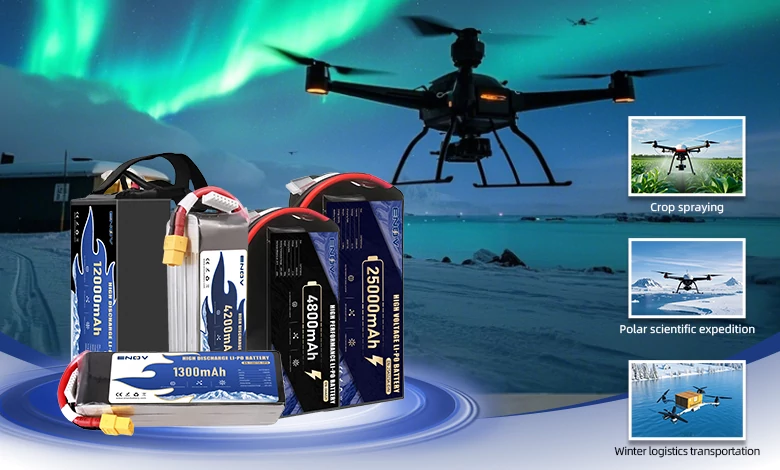
UAV DRONE battery
Enov UAV battery has the most advanced UAV battery new technology, it has a lightweight structural design, ultra-high energy density, stable continuous discharge, customized ultra-high instantaneous discharge, wide temperature working range, stable charge and discharge, battery materials can choose high nickel terpolymer positive/silicon carbon negative material system combined with semi-solid battery technology. Or choose a more mature application of more UAV lithium battery technology, available UAV battery nominal voltage 3.7V, capacity 18.0Ah ~ 30.0Ah, support 10C continuous discharge and 120C pulse discharge (3 seconds). With ultra-high energy density (220-300Wh/kg) as its core advantage, Enov UAV batteries can meet the needs of long-term endurance scenarios such as plant protection drones and transport drones, while maintaining stable emission performance in extremely low temperature environments (-40℃).
Other products
START-STOP LITHIUM BATTERY
LITHIUM ENERGY STORAGE BATTERY
QUICK INQUIRY
FAQ
Access to high frequency technical questions with one click, get accurate answers on product application, after-sales policy and customization process.
Service and Support
Get the latest product specifications, explore professional OEM/ODM customization services, click to open exclusive technical support and production solutions.
Become a Partner
We sincerely invite resources to interconnect, work together for win-win development, and immediately open a new chapter of strategic cooperation!
